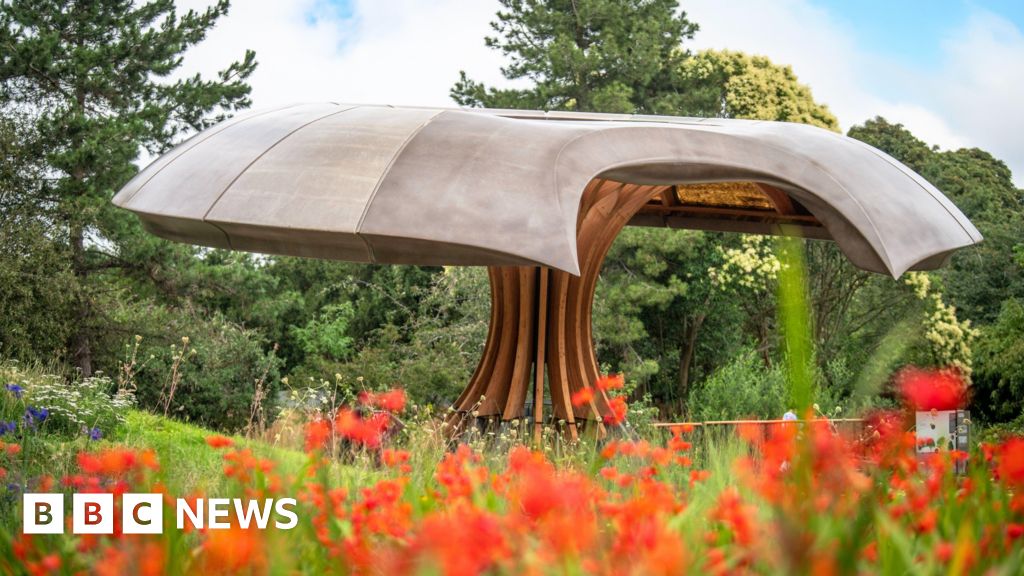Lapland is facing a spell of extreme heat, with temperatures soaring far above seasonal averages.
After an unusually cold and rainy spring and early summer, the region, which lies around 310 miles above the Arctic Circle, has been caught in an intense and persistent heatwave.
In Rovaniemi, the Finnish capital of Lapland and the hometown of Santa Claus, daily maximum temperatures jumped from just 11C in late June to 29C by mid-July.
The heatwave will have stretched across 15 consecutive days as of Friday. Finland’s official heatwave threshold is three days with highs over 25C.
Elsewhere in Lapland, temperatures have climbed even higher.
Weather stations in Ylitornio and Sodankylä recorded peaks of 32C earlier this week, around 10C above the seasonal average and among the highest ever measured.
Several other locations across Lapland have also reported their longest heatwaves since records began.
Going into next week, forecasters have said the heat will ease.
Jason Nicholls, AccuWeather’s lead international forecaster, told The Independent: “The ridge of high pressure responsible for the heat over the region will push eastward this weekend, which should result in the heat easing this weekend and early next week.”
“AccuWeather forecasts a high of 31 degrees today in Pello. It will be very warm. It will not be as warm on Saturday with thick clouds and passing showers in the afternoon. AccuWeather forecasts a high of 25 degrees Saturday in Pello.”
Finnish Meteorological Institute's meteorologist Jaakko Savela said the last time Lapland experienced a heatwave like this was in 1972.
“But even that only lasted 12 to 14 days, depending on the exact location,” he told the BBC.
"Records are being broken."
The weather has sparked fresh concerns about the pace of climate change in the Arctic, which is heating up four to five times faster than the global average, according to the UN's Intergovernmental Panel on Climate Change.
The panel has warned that heatwaves like this are becoming more frequent and intense due to human-driven climate change.

Mr Savela said that this particular heatwave in Lapland was not directly caused by climate change. But he told the BBC: "Climate change has had an impact: without it, temperatures over the last two weeks would have been lower".
Lapland’s iconic reindeer have been spotted fleeing to roads and villages to escape swarms of mosquitoes that thrive in hot weather.
Meanwhile, the region’s long summer days, where it is still light outside at 11pm, are keeping temperatures high late into the night.
Toivo Koivu, a Rovaniemi resident, told news agency Reuters that he expected cooler weather after travelling through southern Europe.
“It was very hot there, and we thought that when we would come back to Finland it would be cooler, like normally, but no, it was the same weather as down south,” Mr Koivu said.









 English (US) ·
English (US) ·